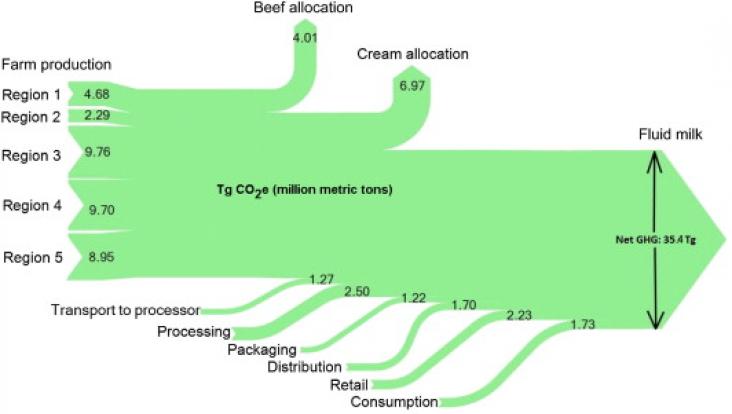The Business Leadership Criteria on Carbon Pricing is designed to inspire companies to reach the next level of climate performance and to advocate for a price on carbon as a necessary and effective measure to tackle the climate change challenge. This report links to Goals 12, 13, 14, and 15.
The economic crises seems blinding the governments and major economic actors toward environmental troubles.

This article presents a cradle-to-grave analysis of the United States fluid milk supply chain greenhouse gas (GHG) emissions that are accounted from fertilizer production through consumption and dispo
This book chapter addresses goals 13, 14 and 15 by discussing how global declines of amphibians refer to the phenomenon of the population declines and even extinctions of amphibian species around the world.
This book chapter addresses goals 13, 14, and 15 by discussing the biodiversity of mammals, covering all ranges from a shrew to the blue whale.
This book chapter addresses goals 13, 14, 15 and 17 by discussing the definition of biodiversity that is both scientifically sensible and universally applicable; this is imperative to help guide the design of policy and programs for the future, as well as to make critical decisions in the present.
Linking to Goals 12, 13, 14, and 15, this report sets baseline expectations for companies to provide proactive and constructive input to Governments to advocate for the creation of effective climate policies.
Wood residues from forest harvesting or disturbance wood from wildfire and insect outbreaks may be viewed as biomass "feedstocks" for bioenergy production, to help reduce our dependence on fossil fuel
This paper describes the methodology and data used to determine greenhouse gas (GHG) emissions attributable to ten cities or city-regions: Los Angeles County, Denver City and County, Greater Toront
Urban forests are integral components of urban ecosystems, which could generate significant ecosystem services, such as offsetting carbon emission, removing air pollutants, regulating the microclim
